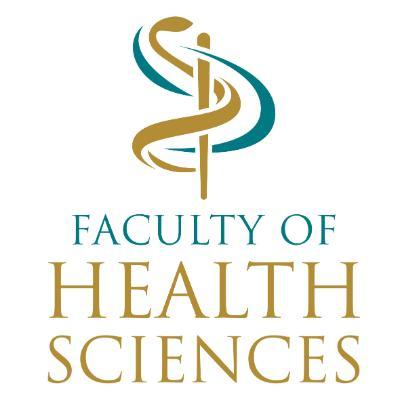University of the Witwatersrand Establishes Infectious Diseases and Oncology Research Institute
-
University of the Witwatersrand Establishes Infectious Diseases and Oncology Research Institute (Wits-IDORI) to Tackle Burden of Disease in Africa
The University of the Witwatersrand (Wits) is delighted to announce the establishment of the Wits Infectious Diseases and Oncology Research Institute (Wits-IDORI). This ground-breaking initiative brings together a team of internationally recognized scientists who will conduct cutting-edge research in cancer and infectious diseases, ranging from basic sciences to Phase III human clinical trials within well-established collaborative networks.
Under the leadership of Wits Distinguished Professor Robert Breiman, an esteemed expert in global health, Wits-IDORI is poised to make significant strides in understanding and addressing the burden of disease in Africa. Professor Breiman, who has previously held prominent positions in health institutes worldwide, including the Emory University Global Health Institute, brings a wealth of experience and a track record of success to his role as the Institute's Interim Director. Most recently, he was the Director of the Emory University Global Health Institute and the overall Principal Investigator for the Child Health and Mortality Prevention Surveillance (CHAMPS) network, overseeing a grant of US$ 270 million over 10 years. CHAMPS is providing an array of new insights on targetable causes of mortality, and was the largest research grant ever given by the Bill and Melinda Gates Foundation at the time.
"I am honoured to lead the Wits Infectious Diseases and Oncology Research Institute," said Professor Breiman. "Through our collaborative efforts with universities across Africa, academic partners, and industry worldwide, we aim to reduce the growing burden of disease on the continent through mission-driven research and translation of findings into products and strategies that will reduce disease burden, while strengthening scientific capacity. By conducting research in Africa and nurturing the next generation of African scientists, we will drive impactful change and improve public health outcomes."
Wits-IDORI will serve as a hub for collaboration, bringing together scientists from universities across Africa who already operate according to international standards. The Institute will also engage with national public health institutes, the Africa Centres for Disease Control, the African Regional Office of the World Health Organization (AFRO), and various professional organizations dedicated to effective cancer management and infectious disease prevention/control.
In addition to the nexus of cancer and infectious diseases, IDORI will integrate infectious disease research at Wits, providing a home and broad “umbrella” for Wits work on such topics as antimicrobial resistance and stewardship, emerging infections and pandemic and epidemic, preparedness, response and knowledge acquisition, One Health, and climate change and health. It will also integrate cancer research across Wits, emphasising topics like molecular biology of cancer and immunology, effective empiric therapy for febrile neutropenia (especially in cancer patients), epidemiologic studies and cutting edge clinical trials.
"Wits-IDORI is committed to conducting high-quality, state-of-the-art investigations," said Professor Shabir Madhi, Dean of the Wits Faculty of Health Sciences and the champion of Wits-IDORI. "We will prioritize collaboration and foster a culture of nurturing and retaining excellent young talent and junior scientists in Africa. By investing strategically and building multi-faceted scientific partnerships, we will accelerate progress in developing products and strategies to reduce disease burden not only in Africa but globally."
Initially, Wits-IDORI will focus on priority cancers, leveraging burden data specific to Africa. The Institute will undertake comprehensive epidemiologic, clinical, and basic science investigations to understand the role of pathogens in cancer development, with the aim of identifying prevention, diagnostic, and therapeutic tools that will lead to measurable beneficial outcomes at the population level. Furthermore, Wits-IDORI will conduct research to provide evidence for mitigating the devastating impacts of infectious diseases on cancer, including optimizing timely empiric therapy for managing febrile neutropenic paediatric and adult patients.
“This initiative addresses a critical gap in research by combining the fields of infectious diseases and oncology," emphasized Professor Madhi. "Currently, there is a significant need for comprehensive investigations that explore the intricate relationship between these two areas of study. Wits-IDORI will bridge this gap and contribute immensely to the scientific landscape by unravelling the complex interplay between infectious diseases and cancer development."
By defining novel pathways to oncogenesis and cancer burden, Wits-IDORI aims to pave the way for cost-efficient diagnostics, therapies, and vaccines. The vision of the Institute has immense public health ramifications, offering hope for reducing the burden of disease and improving the lives of millions across the African continent and beyond.
About the University of the Witwatersrand (Wits):
The University of the Witwatersrand, located in Johannesburg, South Africa, is a leading research-intensive university that is globally recognized for its commitment to academic excellence and social justice. Wits is dedicated to producing graduates who are well-rounded, innovative, and critical thinkers equipped to address the complex challenges facing society today.


